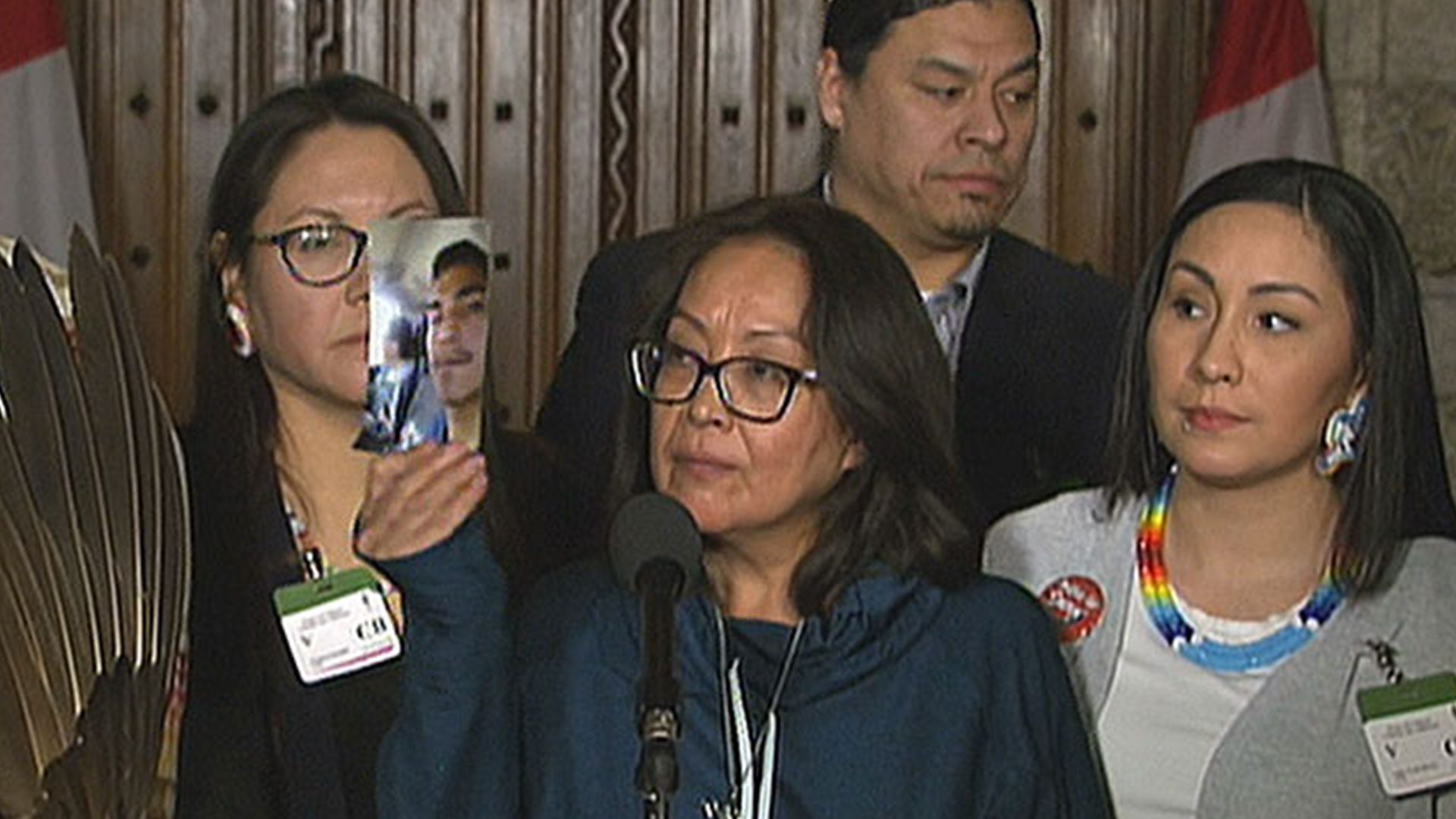Nearly 20 years after she became a member of the Saskatchewan bar, Eleanore Sunchild considered ending her legal career after Gerald Stanley was acquitted of killing Red Pheasant man Colten Boushie.
“I remember after the Gerald Stanley trial after he was acquitted and I remember standing in the snow, looking at the courthouse, thinking this system failed this family, failed our people,” says Sunchild on the latest episode of Face to Face.
She says representing the Boushie family has been the defining case of her career.
And that she almost gave up her practice on the day he was acquitted.
“I think everybody remembers exactly where they were the moment when Gerald Stanley was acquitted. And I went outside and I looked at the courthouse and I thought, what am I doing in this system that does this, that allows this to happen,” says Sunchild who says the case was the “trial of the century.”
“It defined race relations in our province. I had said before the trial, before Colten was even killed that something was going to happen in this province. Race relations were to a point where there was going to be some sort of conflict and here was a young Indigenous man who was shot by a white settler and he was acquitted of it.
“That case defines this province.”

Sunchild was in Grade 11 when she first knew she wanted to become a lawyer. She attended the University of Alberta and was called to the bar in 1999.
Thinking of her own children in the moments after the Stanley acquittal, Sunchild changed her mind about giving up law. She continues to represent the family of Colten Boushie, who is suing the RCMP.
In March 2021, the Civilian Review and Complaints Commission for the RCMP finally released its findings and recommendations into the RCMP’s investigation of the death of Colten Boushie and the events that followed.
The review found the police investigation was insensitive and racially discriminatory to Boushie’s mother, Debbie Baptiste, and that police mishandled evidence and witnesses.
Sunchild says Indigenous families are still facing the same treatment as Baptiste but they’re also pressing record on their cell phones and speaking out more about discrimination and racism.
And that the relationship between Indigenous Peoples and the justice system has been strained since colonization.
“It’s a system that wasn’t built for Indigenous people and it’s not serving them well,” she says. “This system is based in colonial law, its based on colonial stereotypes and it was never meant to serve Indigenous people. We need our own systems that are based on Indigenous beliefs, Indigenous culture.
“I don’t think that just appointing Indigenous people to work within the justice system, Indigenizing it isn’t enough, I think there has to be a whole new system.”













